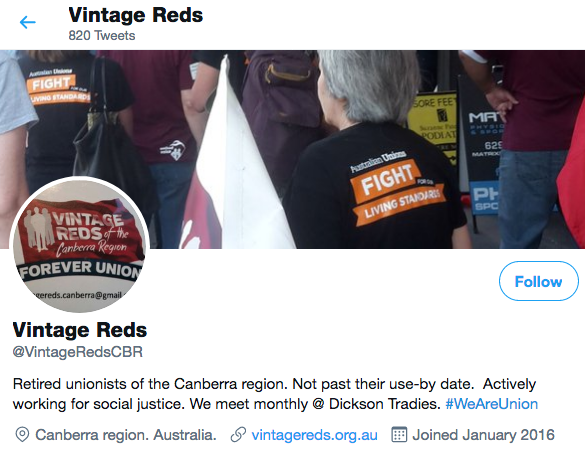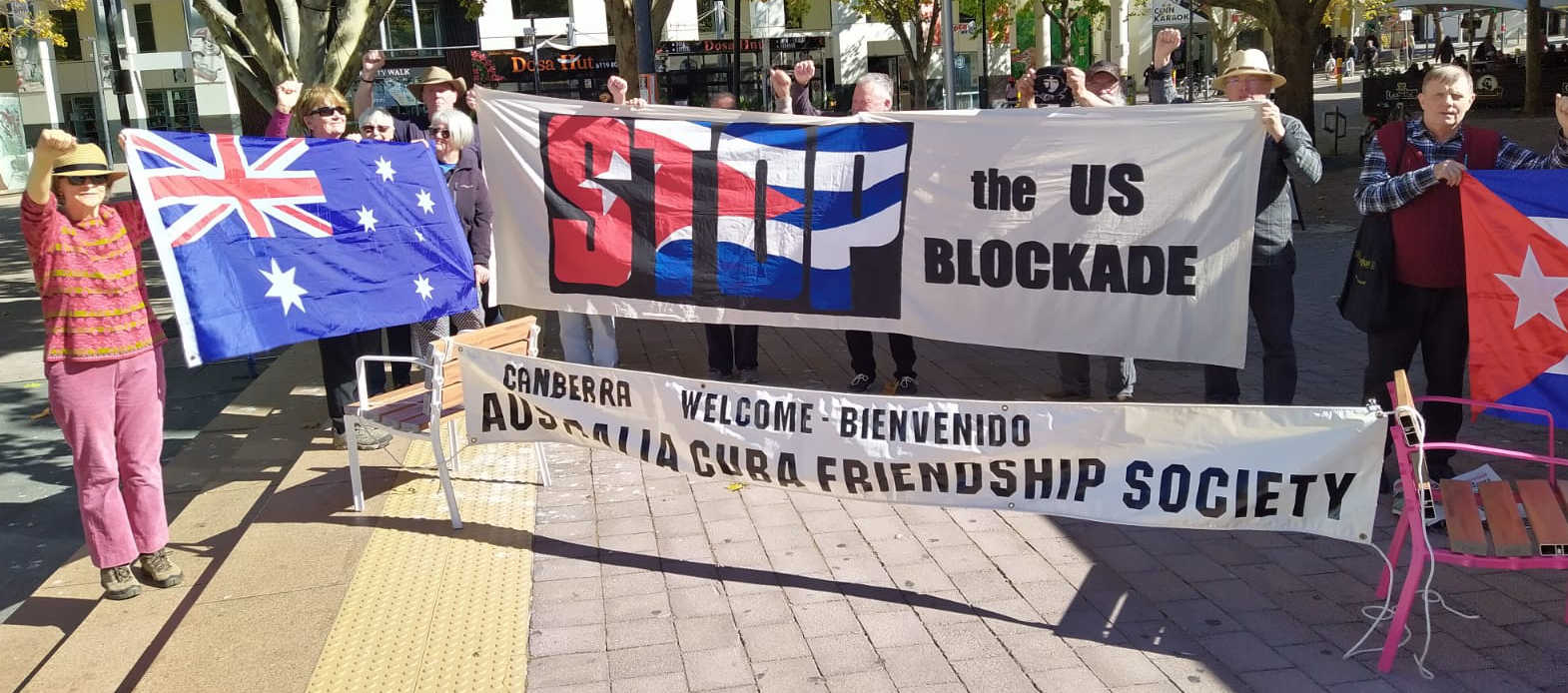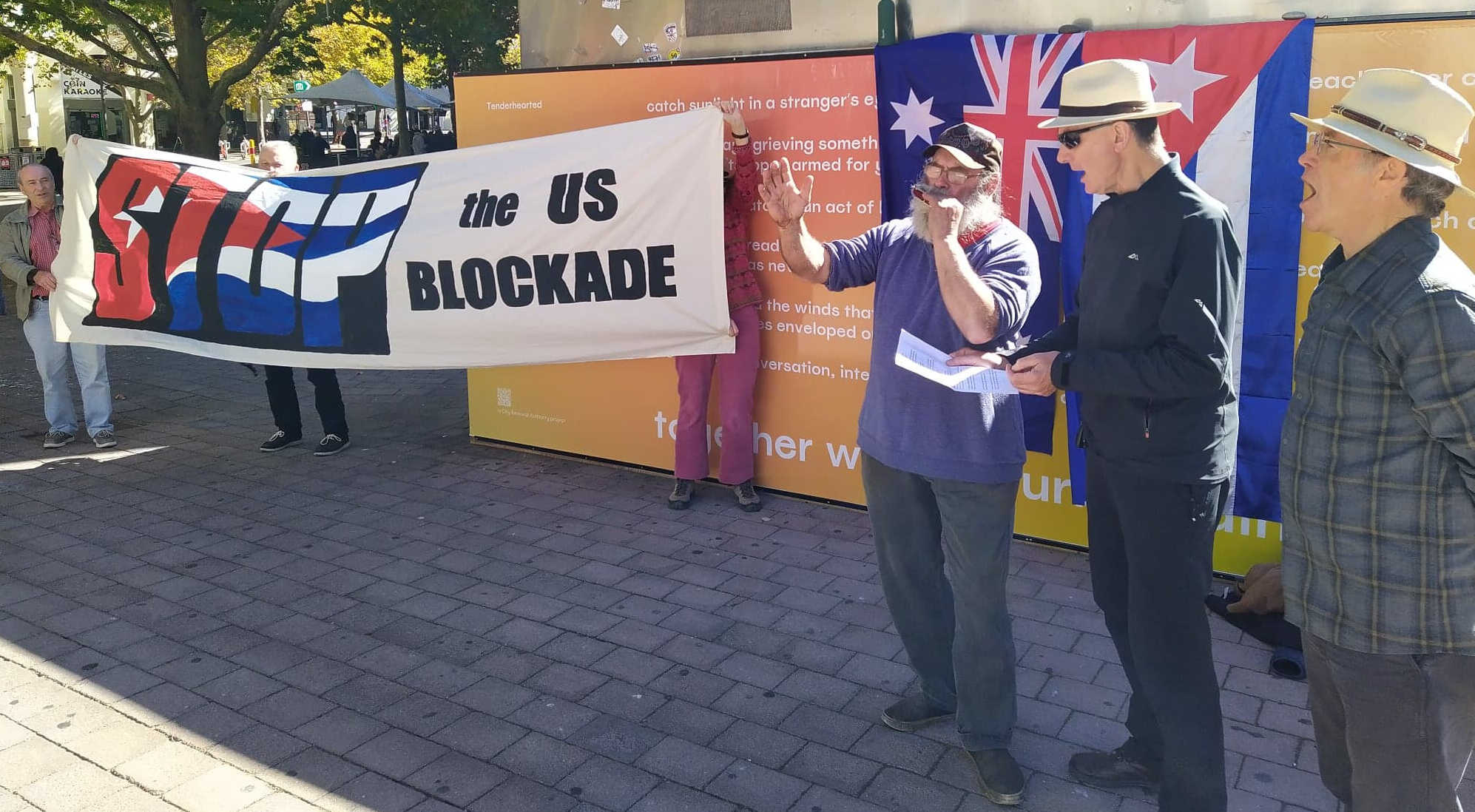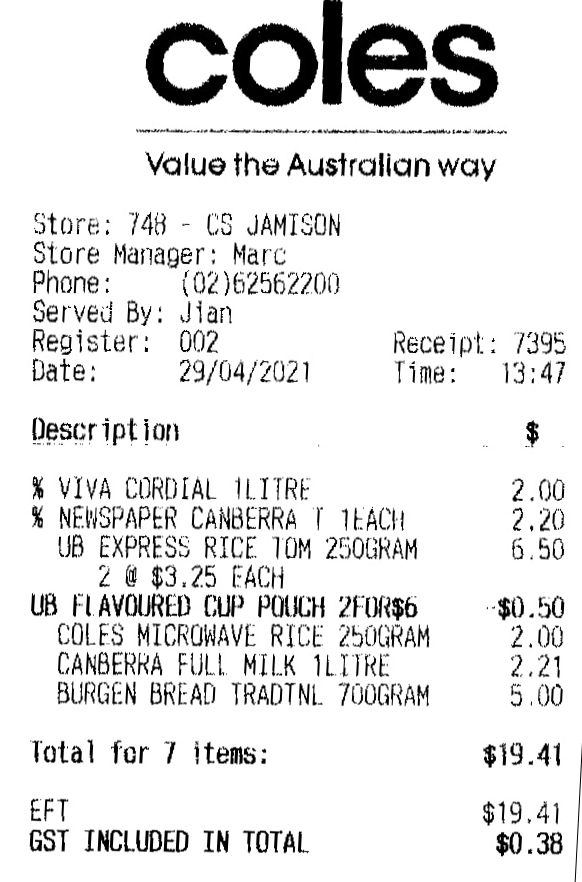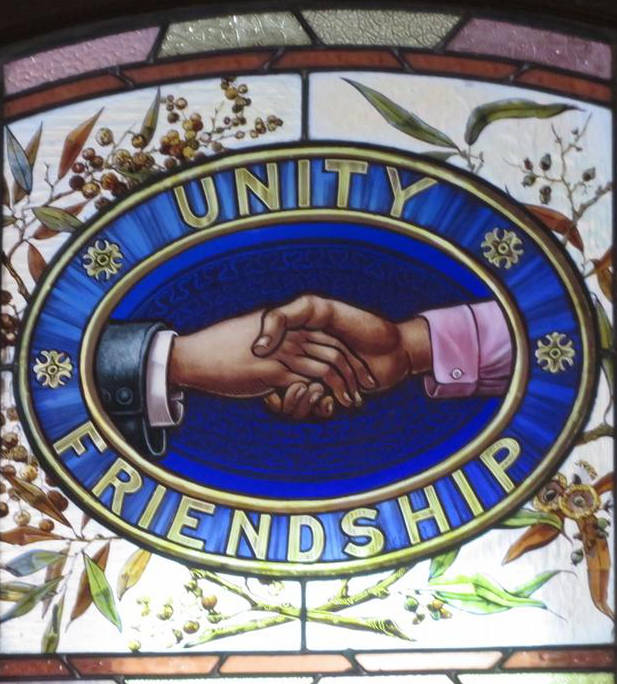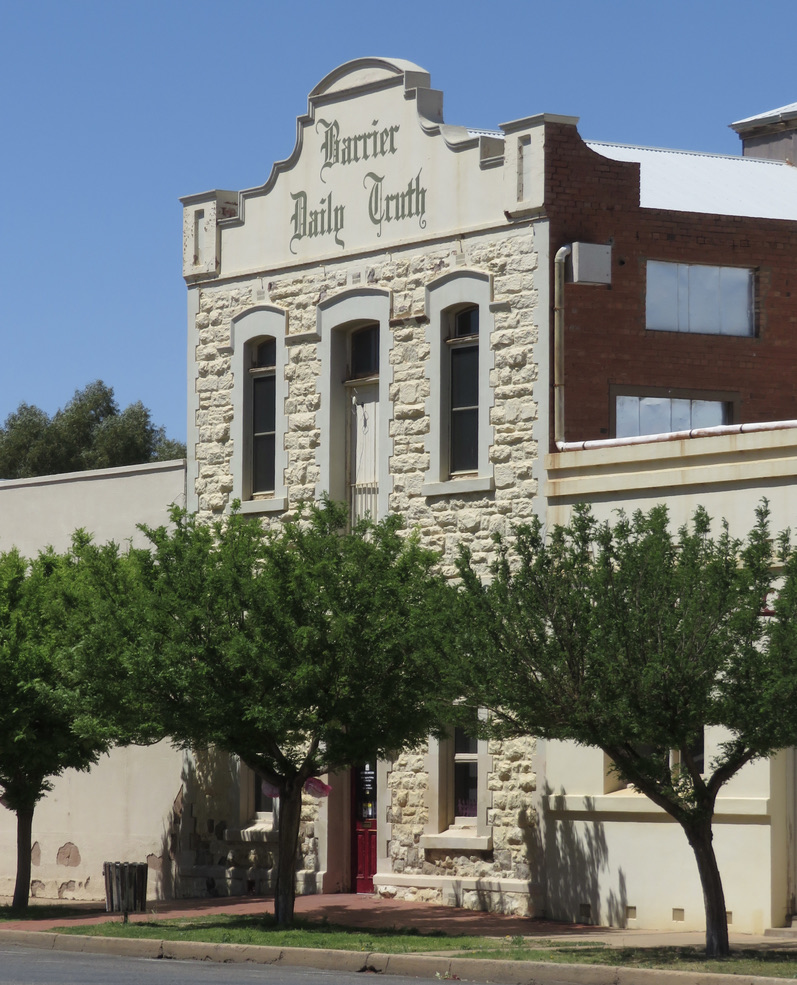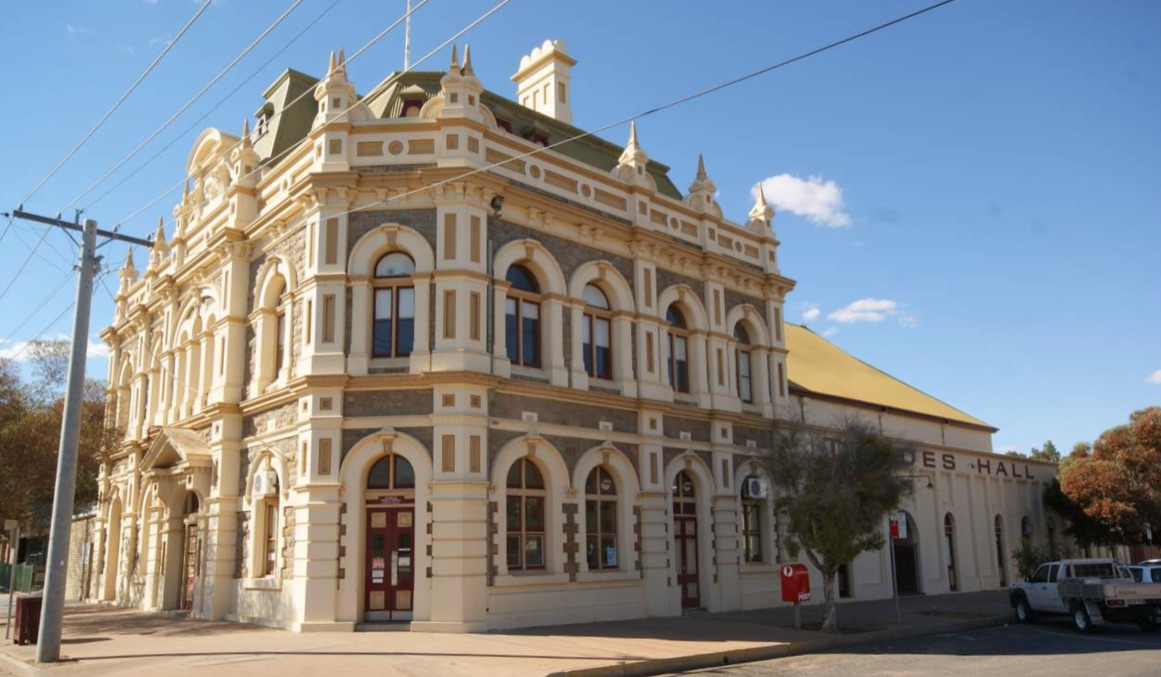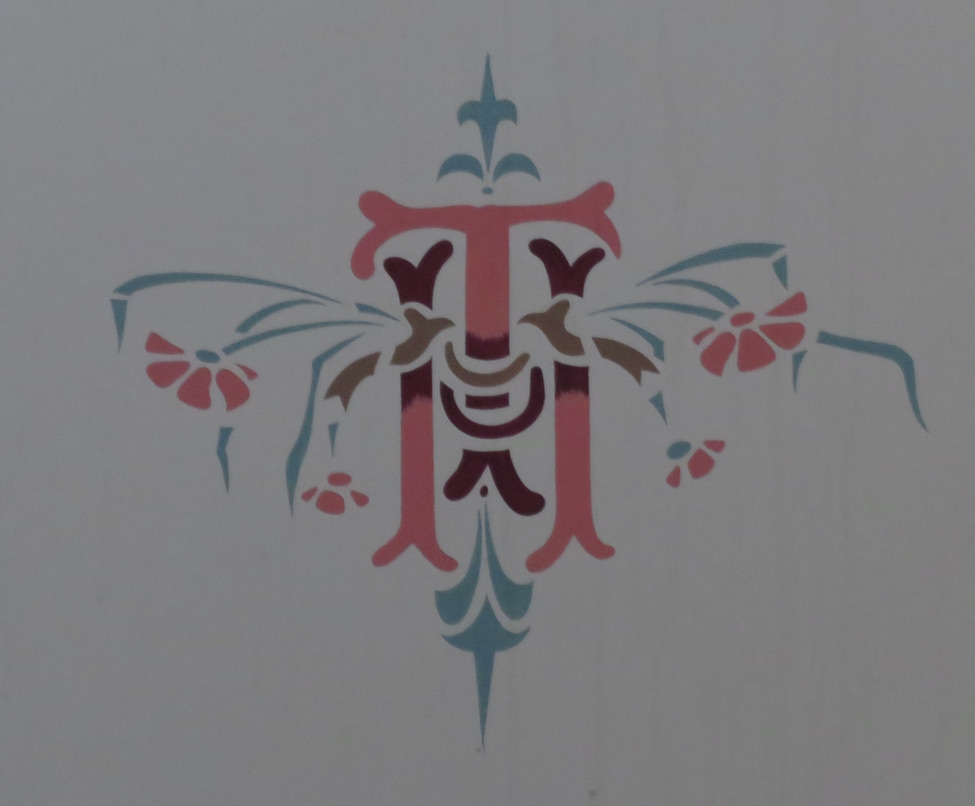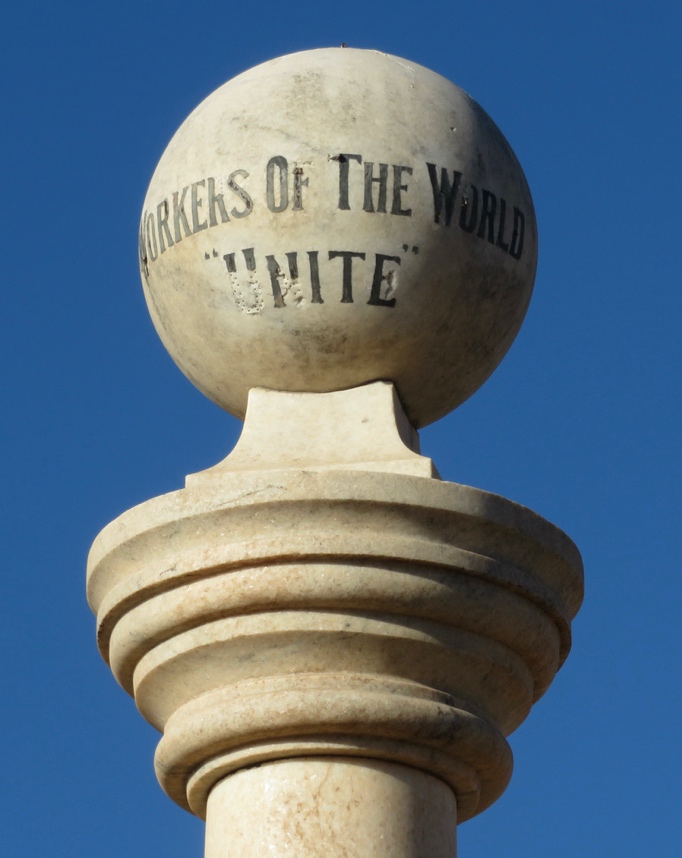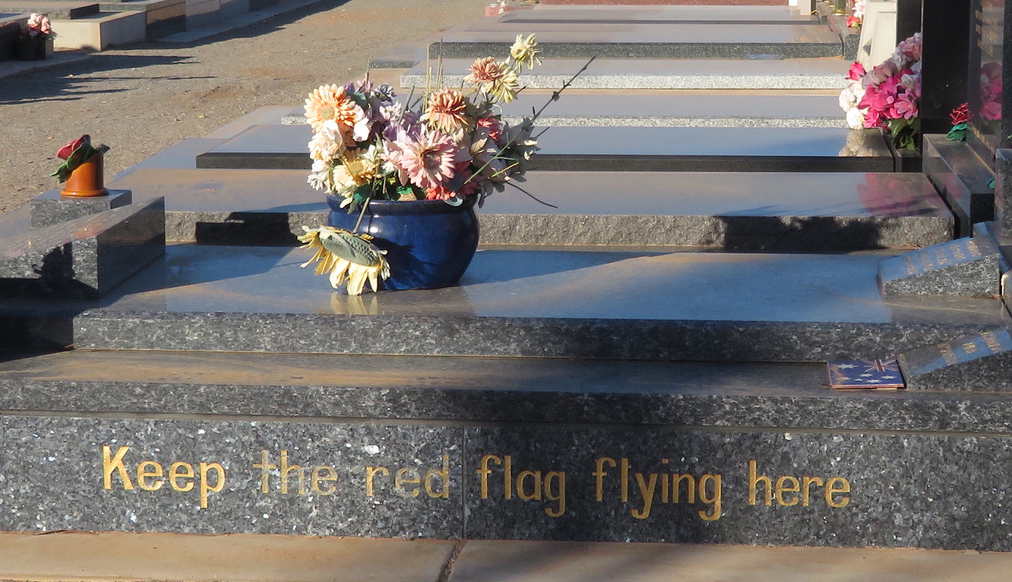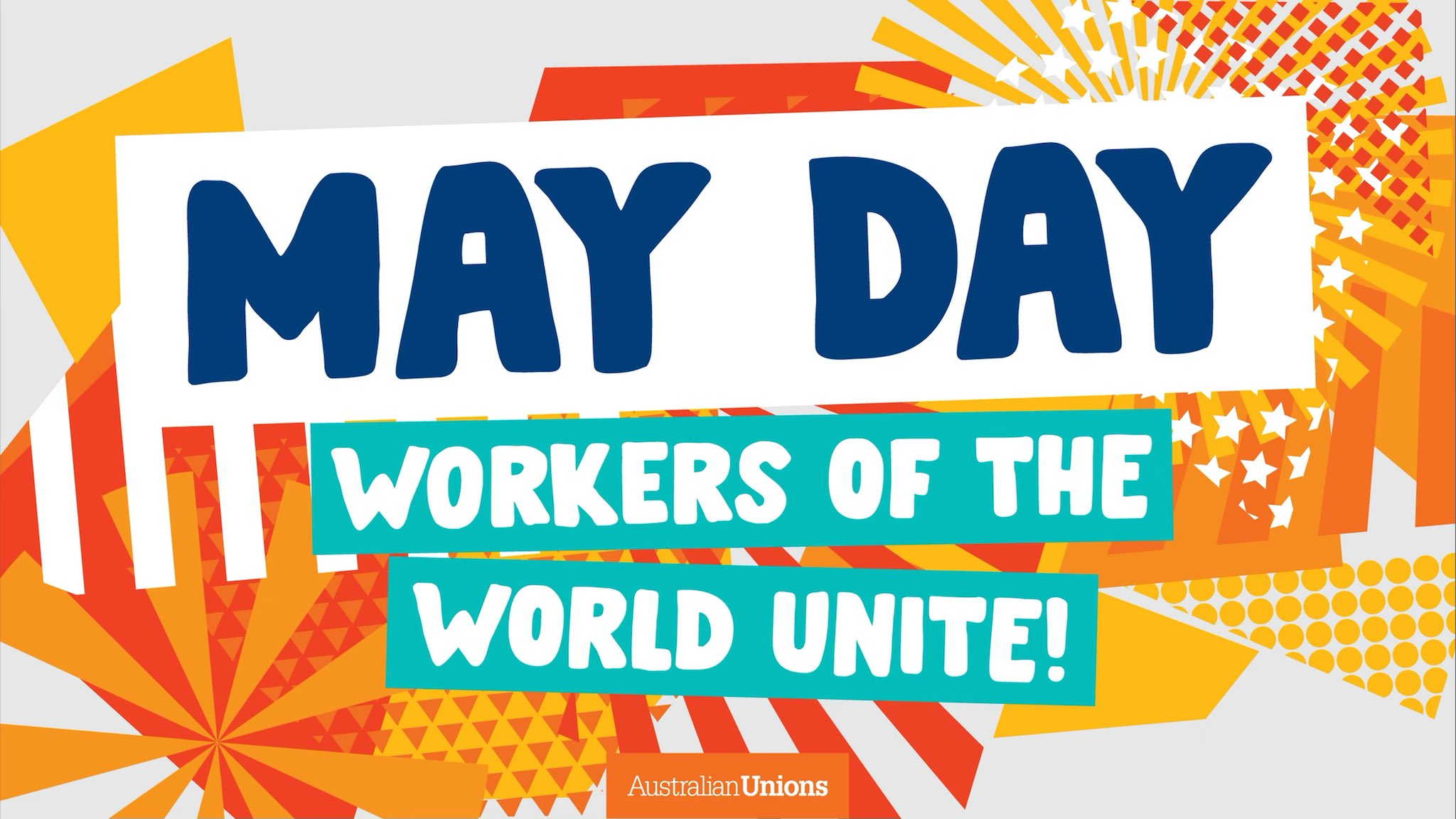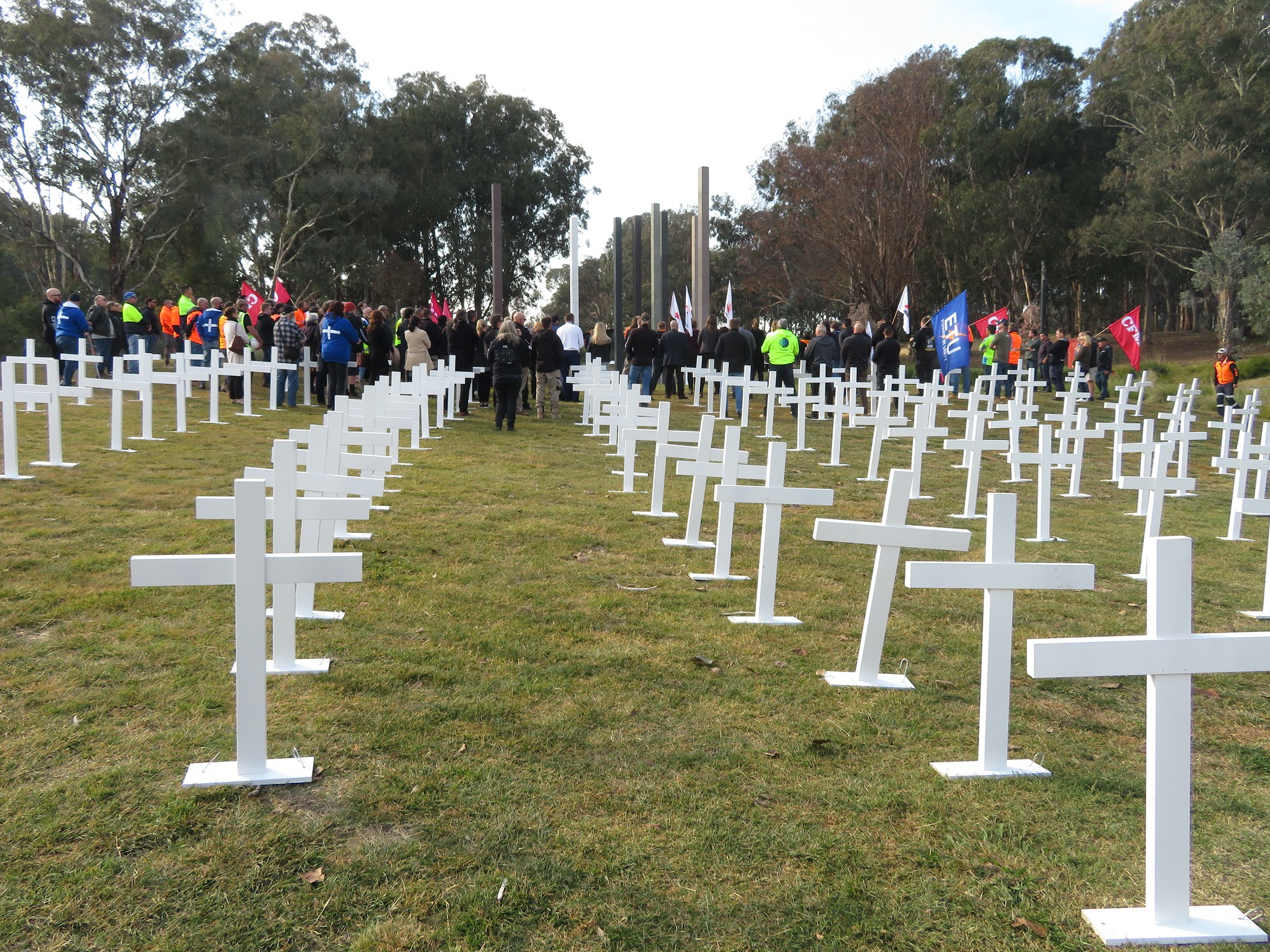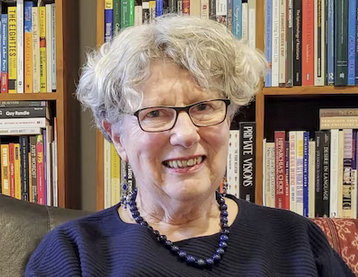Professor Amin Saikal is a specialist on the politics, history, political economy and international relations of the Middle East and Central Asia. He has been a Visiting Fellow at Princeton University, Cambridge University and the Institute of Development Studies (University of Sussex), as well as a Rockefeller Foundation Fellow in International Relations (1983-1988). In April 2006, he was appointed Member of the Order of Australia (AM) for service to the international community and to education, and as an author and adviser.
Jane welcomed Amin, who spoke to us in the Tradies’ Club dining room.
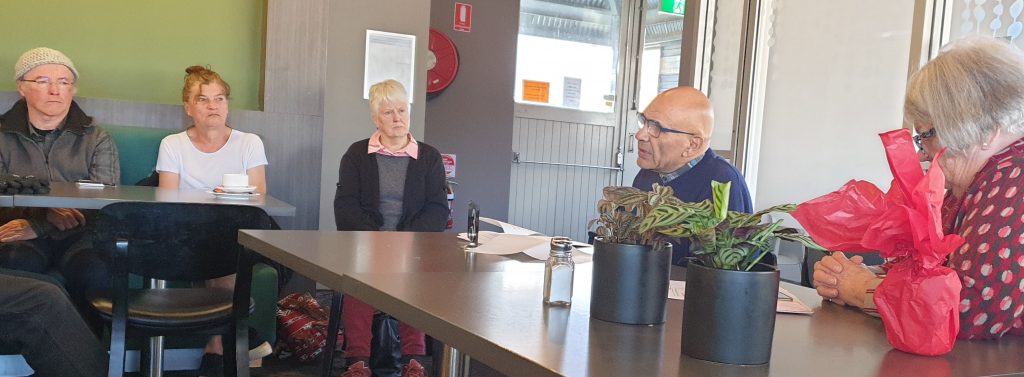
Amin’s summary of his talk: The US, Iran and the Gulf
The Joe Biden administration faces numerous domestic and foreign policy challenges. On the external front, one of them is how to deal with Iran. Biden has indicated the reduction of tension between the two sides, which had been inflamed by Donald Trump, as a priority. Yet, both parties have serious demands, which will make the process of reaching a mutual accommodation of interests arduous, but not necessarily insurmountable.
The main points of concern for Washington are Iran’s nuclear program, missile capability and regional influence. Spurred on by these issues and by like-minded Israeli Prime Minister Benjamin Netanyahu and some Gulf state leaders, especially Saudi Arabia’s de facto ruler, Mohammad bin Salman, Trump pursued a policy of ‘maximum pressure’ and nurtured an Arab–Israeli front against Iran. He demanded a renegotiation of the 2015 multilateral Iran nuclear agreement (the Joint Comprehensive Plan of Action, or JCPOA), a signature achievement of his Democratic predecessor, Barack Obama. Trump cancelled America’s participation in the JCPOA, imposed crippling sanctions on Iran, beefed up US military deployment in the Gulf and threatened Iran with ‘obliteration’.
As could have been expected, Tehran remained totally defiant. In retaliation, it withdrew some of its commitments to the JCPOA, and accelerated its uranium enrichment.
However, Trump’s approach failed to produce any positive results. While sharing Trump’s concerns, Biden wants to de-escalate tensions with Iran. In so doing, he would remove a sore point in America’s relations with three traditional European allies and signatories to the JCPOA—Britain, France and Germany, which have strongly wished to see the continuation of the agreement—and focus more on Russia and China as the main diplomatic and strategic battlegrounds.

